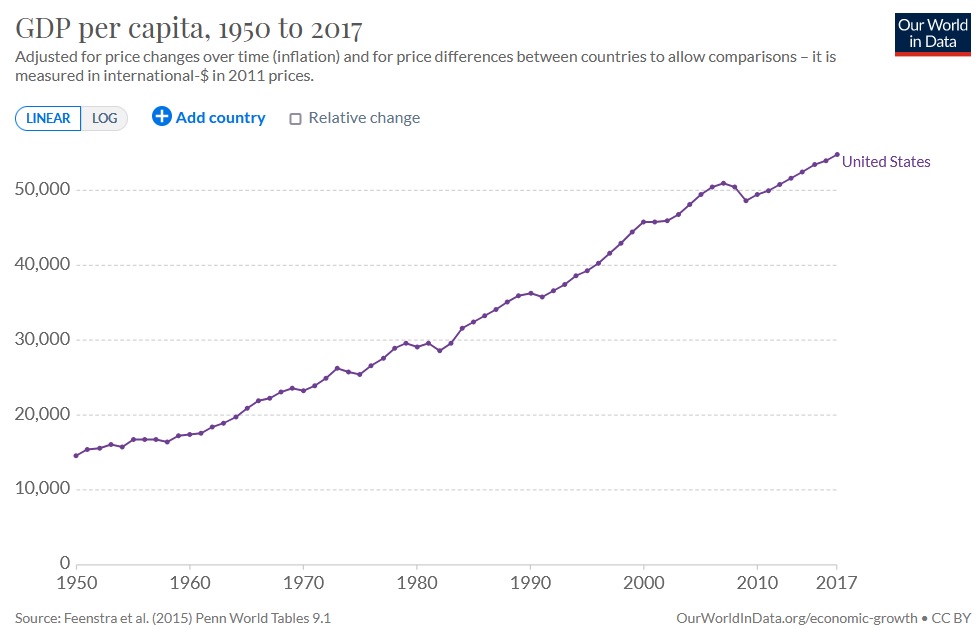Last year, I weighed in on the debate about whether companies should be operated for the benefit of owners (shareholders) or for the broader community (stakeholders).
Unsurprisingly, I sided with Milton Friedman and argued that businesses have a responsibility to maximize profits – assuming, of course, ethical behavior.
Moreover, I cited research showing how this is the approach that actually produces the maximum benefits for the rest of us (i.e., stakeholders).
But some people are not convinced by these insights.
David Gelles of the New York Times has a glowing profile of a former CEO, Hubert Joly, largely because of his apparent hostility to free markets.
Hubert Joly took over Best Buy in 2012… Since stepping down as chief executive in 2019, Mr. Joly has taken up a post teaching at Harvard Business School…
In his book, on the speaking circuit and in meetings with other executives, Mr. Joly has taken up a campaign against the capitalist st atus quo. “…on the top of my F.B.I. most wanted list…is Milton Friedman, with his shareholder primacy — the excessive, obsessive focus on profits as the key thing that matters.”
Mr. Joly’s overt disdain for Friedman’s position seems noteworthy.
But it also seems hypocritical.
Why?
Because Joly did exactly what Friedman recommended. He is viewed as a successful CEO because he made changes that had the effect of making shareholders richer.
…the electronics retailer was struggling… Sales and profits were sagging, and the stock price had cratered. …Eschewing the conventional wisdom — that Best Buy should slash wages and cut costs in a bid to jack up profitability — Mr. Joly began investing in the company. He gave workers better perks… The strategy worked, and Best Buy shares soared during his tenure.
So why, then, is Mr. Joly so hostile to Friedman when he followed his approach?
Beats me, but I’m guessing he somehow thinks Friedman’s maxim means that a CEO should “slash wages” and close stores. And that sounds mean and heartless.
But Joly showed that Friedman’s maxim could be fulfilled in a different way. He figured out how to please consumers so that it was possible  to expand the business and make workers better off.
to expand the business and make workers better off.
Which is actually what capitalism – oops, I mean free enterprise – is all about. People getting richer over time as competition and liberty combine to raise living standards.
Sometimes that happens because a poorly run company contracts (the seemingly heartless process of creative destruction) and sometimes that happens because a well-run company expands.
P.S. There’s one more quote from Mr. Joly that I want to address. As part of his interview with the NYT, he seemingly played the role of a guilt-ridden rich guy.
“I’m on the record saying that the more taxes I pay, the happier I am.”
To be fair, he didn’t actually say that he supported tax increases, either on himself or anyone else. It’s possible that he was really saying that he likes earning more money, which then results in a higher tax bill.
But just in case he was doing some left-wing virtue signalling in favor of tax increases, I’m glad to inform him that there is a website at the Treasury Department that allows him to voluntary turn more money over to the crowd in Washington.
Somehow, I suspect he’ll be like other hypocrites on the left and fail to take advantage of that opportunity.

No comments:
Post a Comment